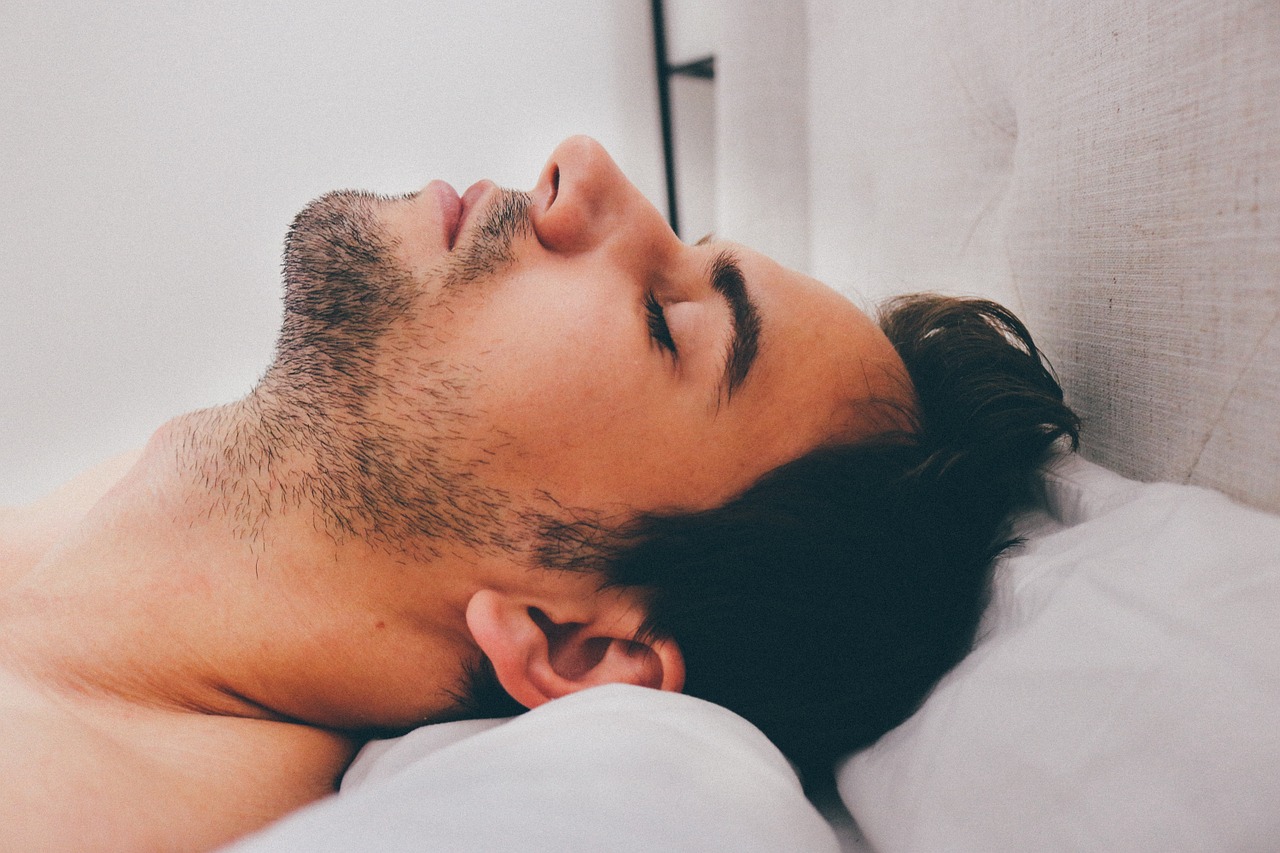
Sleep. That under-appreciated and under-consumed daily nightly activity that takes up nearly one third of our lives has a new-found role:
Sleep strengthens our immunological memory of previously encountered viruses and bacteria
Turns out that my Mum was right after all. Lack of sleep could make you sick!
Neuroscience figured out last century that that sleep supports the retention of memories of facts and events. Sleep is like an overnight software download mechanism. And slow-wave sleep, or deep sleep, is particularly important for converting fragile, newly formed memories into stable, long-term storage.
In a recently published opinion article in the journal Trends in Neurosciences, researchers propose that deep sleep may also strengthen immunological memories of previously encountered pathogens.
Researcher Jan Born of the University of Tuebingen explains,
“While it has been known for a long time that sleep supports long-term memory formation in the psychological domain, the idea that long-term memory formation is a function of sleep effective in all organismic systems is in our view entirely new.
We consider our approach toward a unifying concept of biological long-term memory formation, in which sleep plays a critical role, a new development in sleep research and memory research.”
The immune system consists of two interrelated parts: innate immunity and adaptive immunity.
Innate immunity is the first line of defence and rapidly responds to invaders entering the body. It causes the common signs of inflammation including swelling, pain, heat and redness. If the innate response fails to control an infection, the invaders are handled by adaptive immunity. The adaptive response requires time and is the reason why it can take a week of illness before an infection is cleared.
The adaptive immune system then remembers an encounter with a bacteria or virus by collecting fragments from the bug to create memory T cells, which last for months or years and help the body recognise a previous infection and quickly respond.
Slow-wave sleep contributes to the formation of long-term T-cell memories.
This leads to adaptive behavioral and immunological responses.
The obvious implication being that sleep deprivation could put your body at risk of infection or illness.
Born explains,
“If we didn’t sleep, then the immune system might focus on the wrong parts of the pathogen. For example, many viruses can easily mutate some parts of their proteins to escape from immune responses. If too few antigen-recognizing cells [the cells that present the fragments to T cells] are available, then they might all be needed to fight off the pathogen. In addition to this, there is evidence that the hormones released during sleep benefit the crosstalk between antigen-presenting and antigen-recognising cells, and some of these important hormones could be lacking without sleep.”
Born says that future research should examine what information is selected during sleep for storage in long-term memory, and how this selection is achieved. In the end, this research could have important clinical implications.
“In order to design effective vaccines against HIV, malaria, and tuberculosis, which are based on immunological memory, the correct memory model must be available. It is our hope that by comparing the concepts of neuronal and immunological memory, a model of immunological memory can be developed which integrates the available experimental data and serves as a helpful basis for vaccine development.
All the more reason to indulge your neurobiology and immunology with another hour of shut-eye.
Cell Press. “Sleep may strengthen long-term memories in the immune system.” ScienceDaily. ScienceDaily, 29 September 2015. <www.sciencedaily.com/releases/2015/09/150929142022.htm>.
Share the love
[Sassy_Social_Share]
4 Comments
Leave a Comment
About Dr Sarah
Neuroscientist, Author, Speaker, Director of The Neuroscience Academy suite of professional training programs.
Latest Posts
Free 10 day micro-training in neuroscience

Learn one neuroscience concept a day!
10 simple, bite-sized lessons in brain health, delivered daily to your inbox


Sarah,
Finally some hard data to support what everyone who’s ever been in grad school already knows anecdotally! Sadly, I doubt this will help much in the search for an HIV vaccine, as the virus’ particular strength lies in being so bad at making copies of itself that your immune system doesn’t recognize it at all. One of the main areas of interest in the hunt for the vaccine is search for critical areas of viral structure which are conserved by necessity.
I like the whole concept of your site. I’m no doctor, but I have a background in micro and o-chem . . . knowledge which has come in predictably non-handy in pursuing a writing career. I’ve been trying to make up for that a bit by diving into the science of stories, i.e. where they come from and why they matter from an evolutionary perspective. It’s involved a lot more neuroscience than anything I’ve personally delved into before, and the entire field is fascinating.
Connor
I feel Like I am a living case study for this. My sleep has been horrible the last year or so and I am starting to feel some very negative effects from it. Working over nights doesn’t help.
I am starting to improve a little bit again, by getting back into martial arts and doing some of the breathing and relaxation exercises, but it’s only minor improvements so far.
The 20 to 30 min nap I have these days on the couch is so refreshing. It keeps me going till 11 pm. Your article supporting this is so useful. Thank you
Hi Sarah,
Thanks for this very informative article! I’ve been having problems whenever I don’t get the prescribed 8 hours of sleep. It’s either I’ll have coughs or colds whenever I wake up from a 5-hour sleep. Now I know why it’s happening to me. Also, I’ve been impressed with what you pointed out about sleeping strengthens your memory. I never thought of it that way. That’s why I tend to have the events I just encountered reappearing in my dreams. It all makes sense now. Thank you so much Sarah!